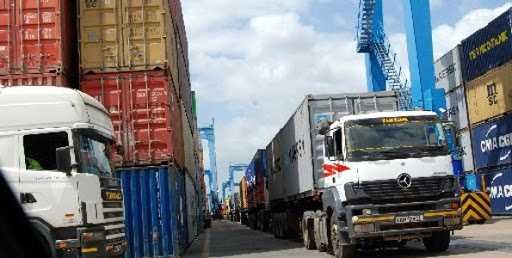From July, Importers in East Africa will operate under a common Customs bond, which guarantees uniform import duties and taxes across all partner states.
Currently, due to the application of different duty rates, valuation and sensitivity of goods, the value of Customs bonds varies from country to country.
In Kenya, importers of transit goods are required to secure a Customs bond issued by an insurance company, while sensitive or delicate cargo requires a bank or cash guarantee. In Rwanda and Uganda, an insurance company the issues custom bond with rates based on the taxes charged by the destination country.
The common Customs bond will reduce the cost of doing business and goods turnaround time, according to the East Africa Community Single Custom Territory Monitoring and Evaluation Committee.
During the Council of Ministers in July, this common Customs bond is expected to be adopted as part of the pillar to create a Customs Union. The Customs Union is meant to create a level playing field for the region’s producers by imposing Customs procedures, uniform competition laws and external tariffs on goods imported from countries outside the region.
Also Read: EAC settles on 32pc tax to lock out cheap imports
The Monitoring and Evaluation Committee met in Kenya to discuss how to tackle the remaining trade barriers. The committee agreed that enhancing integration of Customs and port functions will ease the seamless exchange of information among partner states.
To secure cargo movement in the region, the revenue commissioners from all the EAC member countries who were in attendance, said they were already implementing cargo tracking systems and they will have one data control centre to monitor and track cargo before the end of this year.
The new data control centre involves computerisation of all Customs systems and it will help in enhancing online tools, which include a regional dashboard, a geographic information system and transport observatory system.
On the Northern Corridor, a regional cargo tracking system is already operating and in 2019, it reduced cargo loss to close to zero.
Despite the progress, the region is still experiencing persistent Non-Tariff Barriers, said Musoni William, the Rwanda Revenue Authority Deputy Commissioner.











